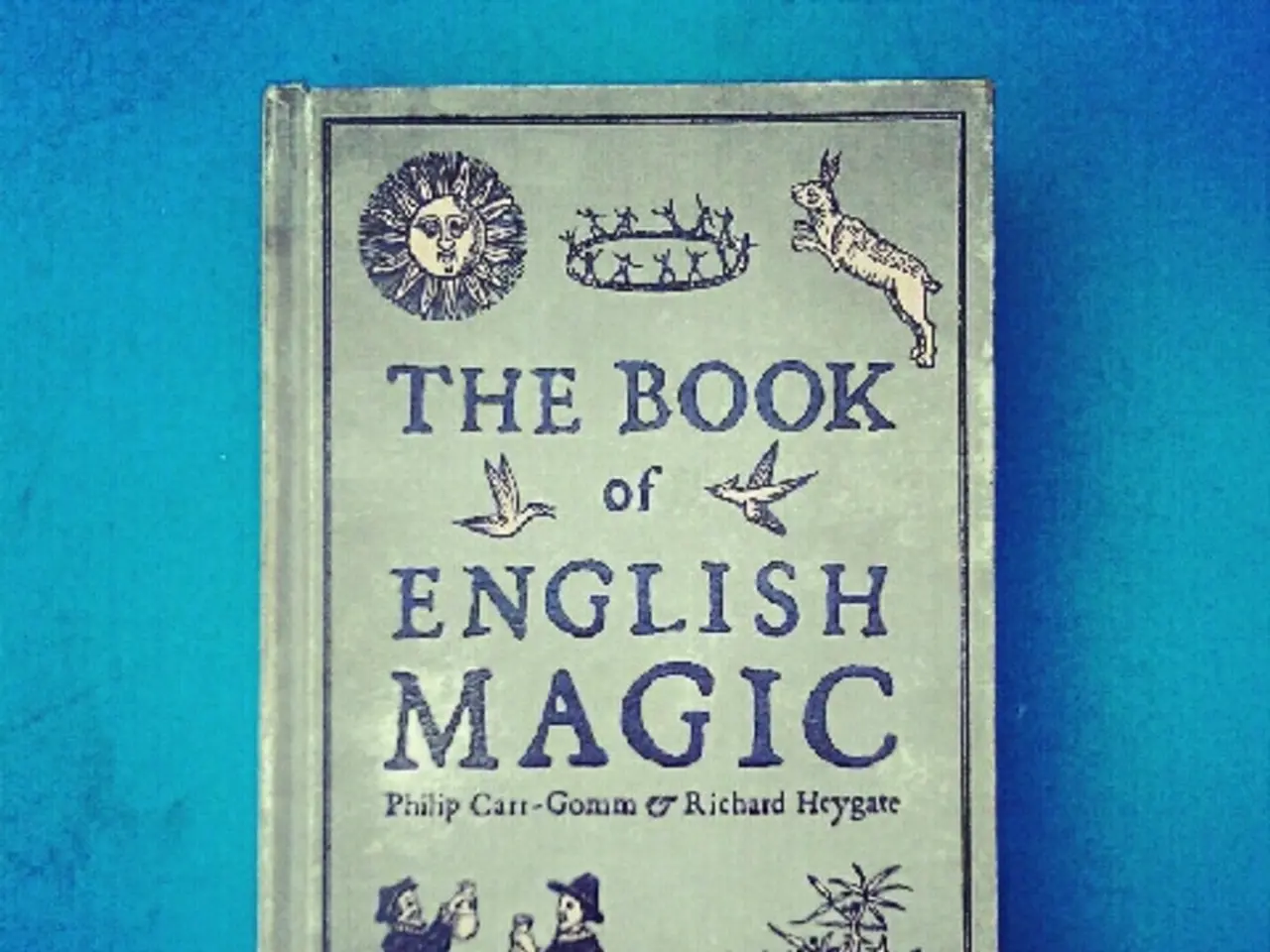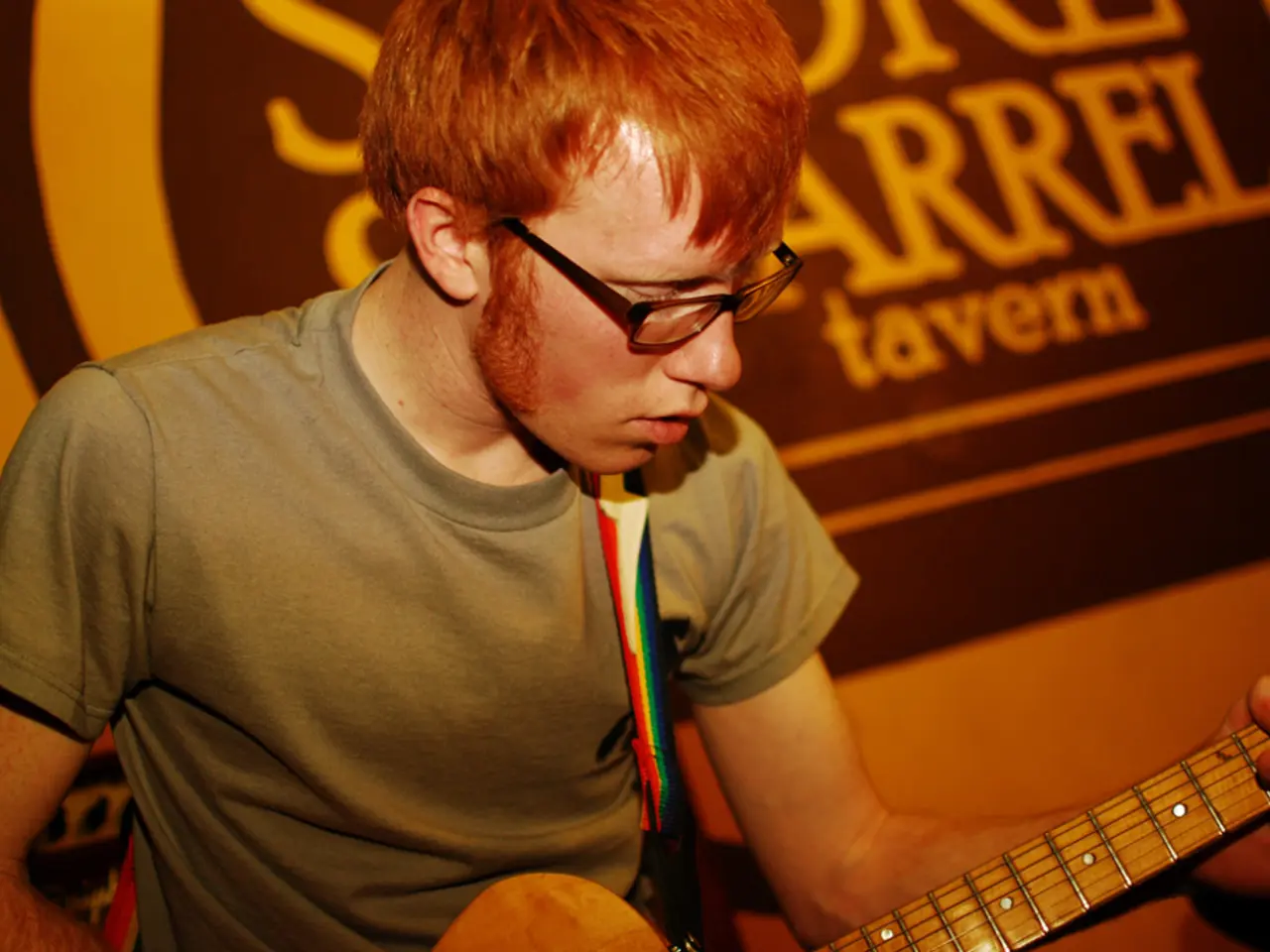Life Story of Elvis Presley
In the world of Hollywood, transformations are commonplace, and the 1958 film King Creole was no exception. Originally adapted from Harold Robbins' 1952 novel A Stone for Danny Fisher, the movie underwent significant changes to become a platform for Elvis Presley's musical debut.
Directed by Michael Curtiz, the project was initially intended for James Dean, but after his untimely demise, it was reworked for Presley. The shift in focus from a straightforward dramatic novel to a musical film was a strategic move to showcase Elvis's singing talents.
The tone and style of the original gritty, dramatic narrative about a young boxer struggling with life's challenges was altered to a musical drama, emphasising Presley's life in the French Quarter of New Orleans and his captivating performances. The storyline and characters were adjusted to highlight Elvis's strengths as a singer and performer, with songs integrated into the plot that were not present in the novel.
The adaptation softened some of the darker or more complex themes of the novel to fit a more mainstream musical film mold suitable for Elvis's image at the time. This transformation of A Stone for Danny Fisher into King Creole was a vehicle for Elvis Presley's musical debut, incorporating songs and a somewhat altered plot centred around musical and dramatic elements tailored for Presley’s screen persona.
During the filming of King Creole in New Orleans, Elvis was unable to enjoy the city's nightclubs and restaurants due to his fans' relentless adoration. Despite this, the movie earned Elvis Presley his best movie reviews. His portrayal of troubled teenager Danny Fisher resonated with audiences, particularly teenagers, in a similar way to Dean and Marlon Brando.
Elvis's next movie was King Creole, produced by Hal Wallis for Paramount. His early movies, including King Creole, were not musical comedies but reflected aspects of his image or life. In King Creole, Elvis stars as Danny Fisher, a character who quits school to earn money by sweeping floors in a nightclub. As the story unfolds, Danny becomes a regular performer in a mobster's club, attracting the attention of a local mobster, played by Walter Matthau, who takes an interest in Danny's singing.
Dean Jagger costars as Danny's father, and Pinkerton guards were stationed in the hotel to keep fans away from Elvis. Elvis even had to enter the Roosevelt Hotel via a fire escape due to persistent fans. A producer of Dean's movie, Rebel Without a Cause, even discussed a potential movie biography with Elvis, suggesting the influence of Dean's rebellious image on Presley's early career.
In conclusion, King Creole marked a significant turning point in Elvis Presley's career, transforming a gritty novel into a musical drama that showcased his talent and charisma. The film, shot in part on location in New Orleans, remains a testament to Presley's enduring appeal and his ability to captivate audiences with his unique blend of music and drama.
movies-and-tv: The adaptation of Harold Robbins' 1952 novel A Stone for Danny Fisher into the 1958 film King Creole was a significant turning point, serving as a platform for Elvis Presley's musical debut and showcasing a unique blend of music and drama.
entertainment: In the world of Hollywood, Elvis Presley's musical performances in King Creole resonated with audiences, particularly teenagers, in a similar way to James Dean and Marlon Brando, demonstrating Presley's charisma and appeal as a celebrity in the entertainment industry.







